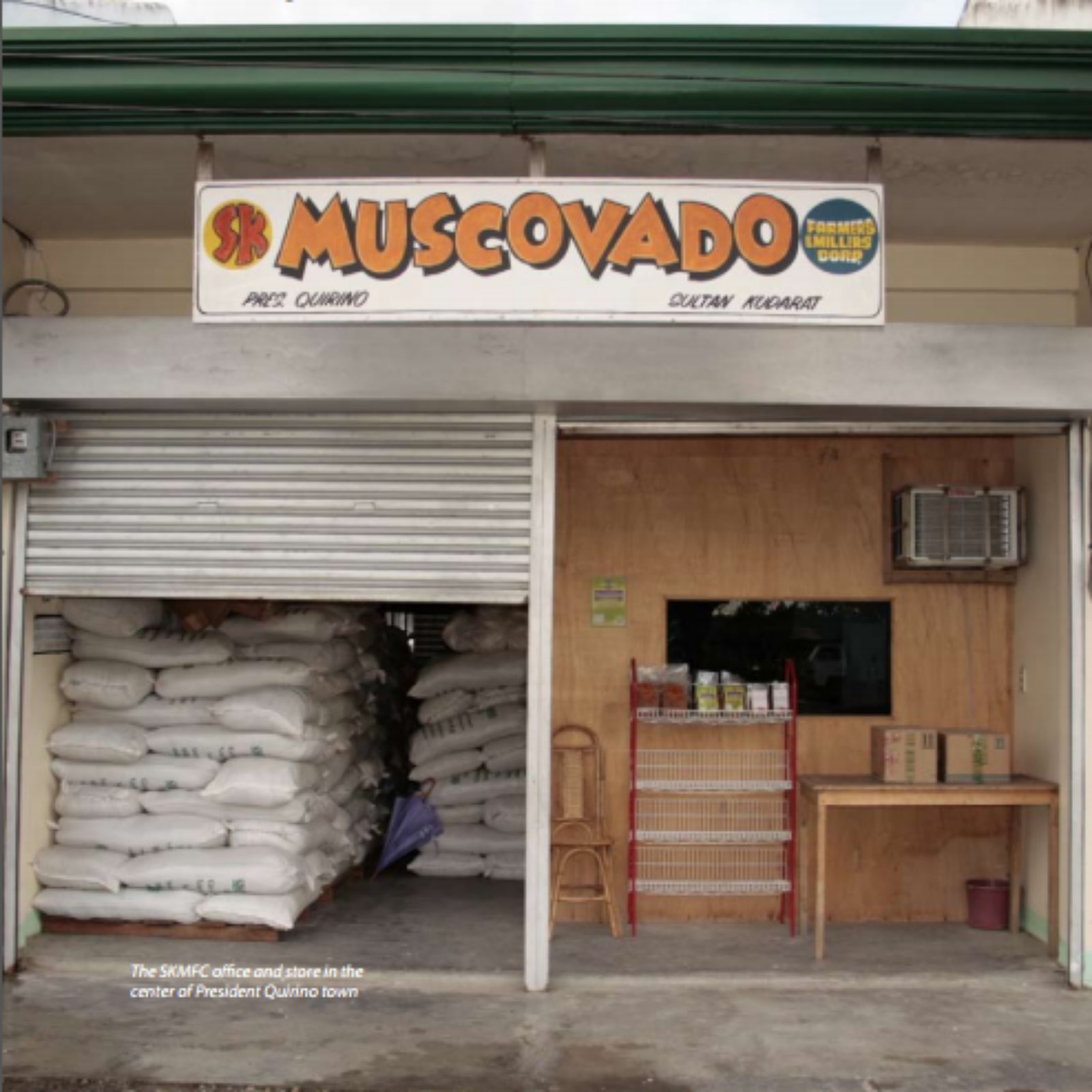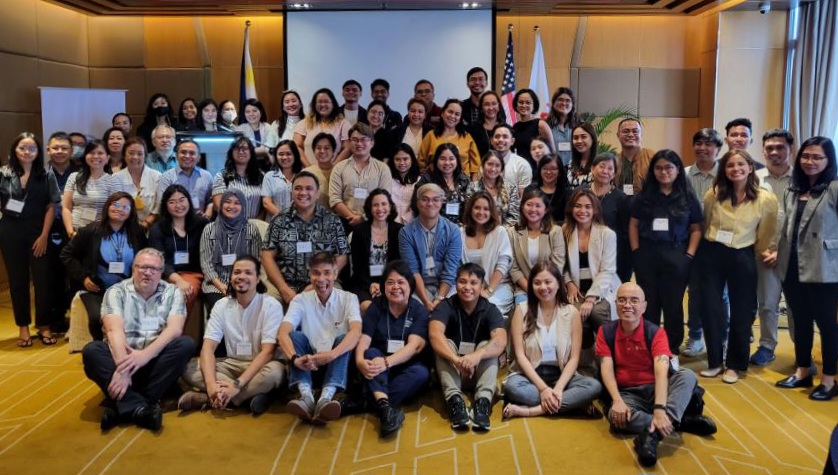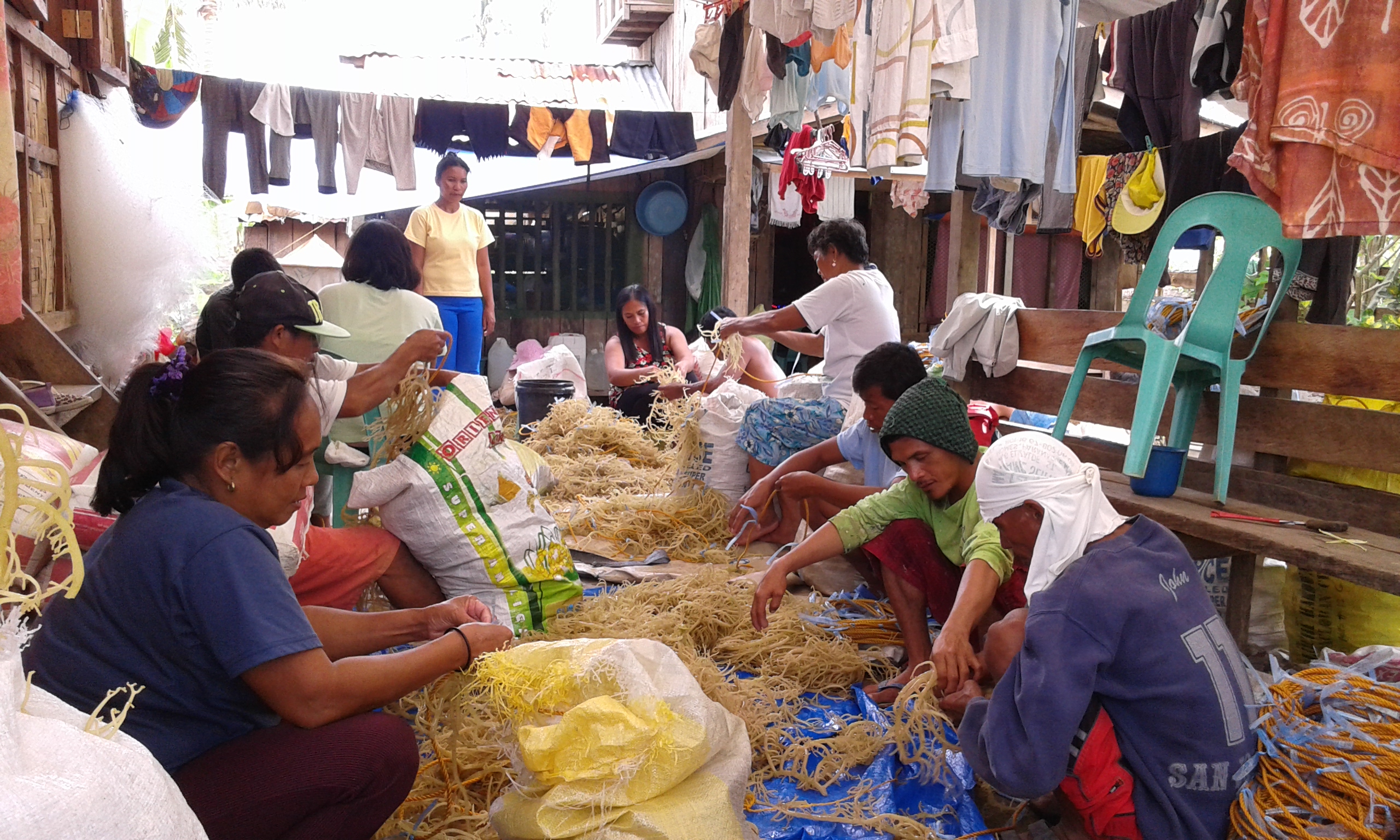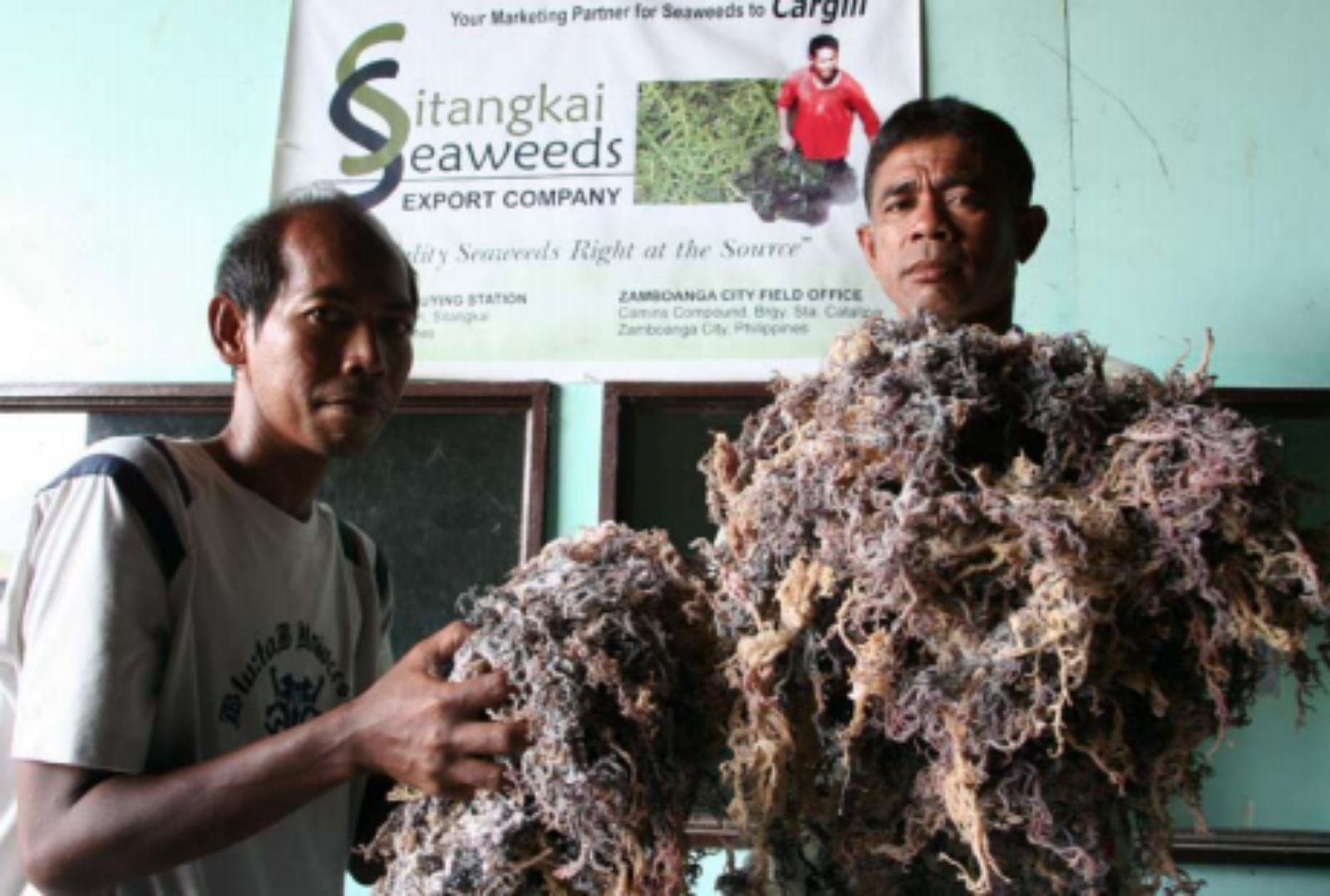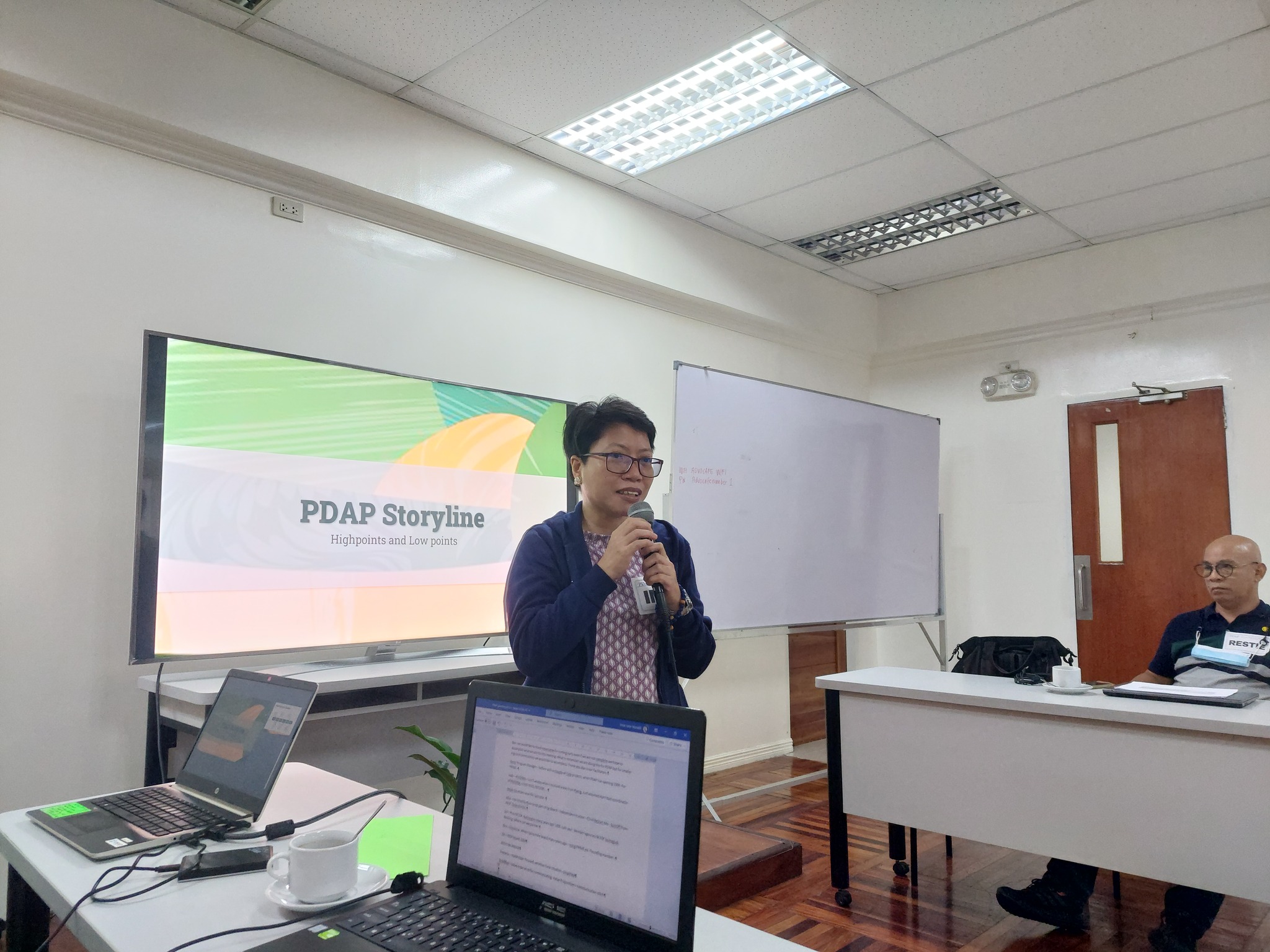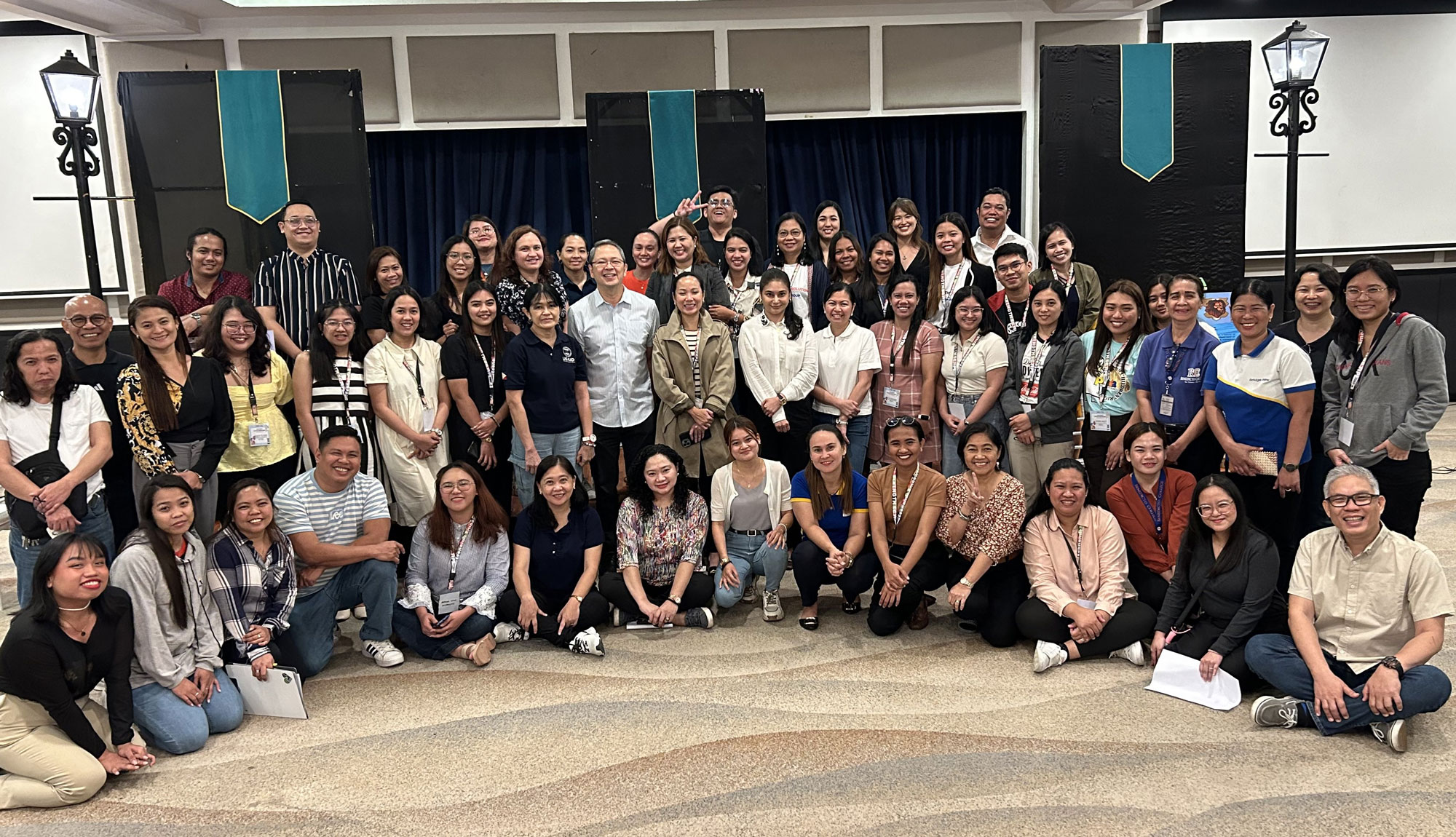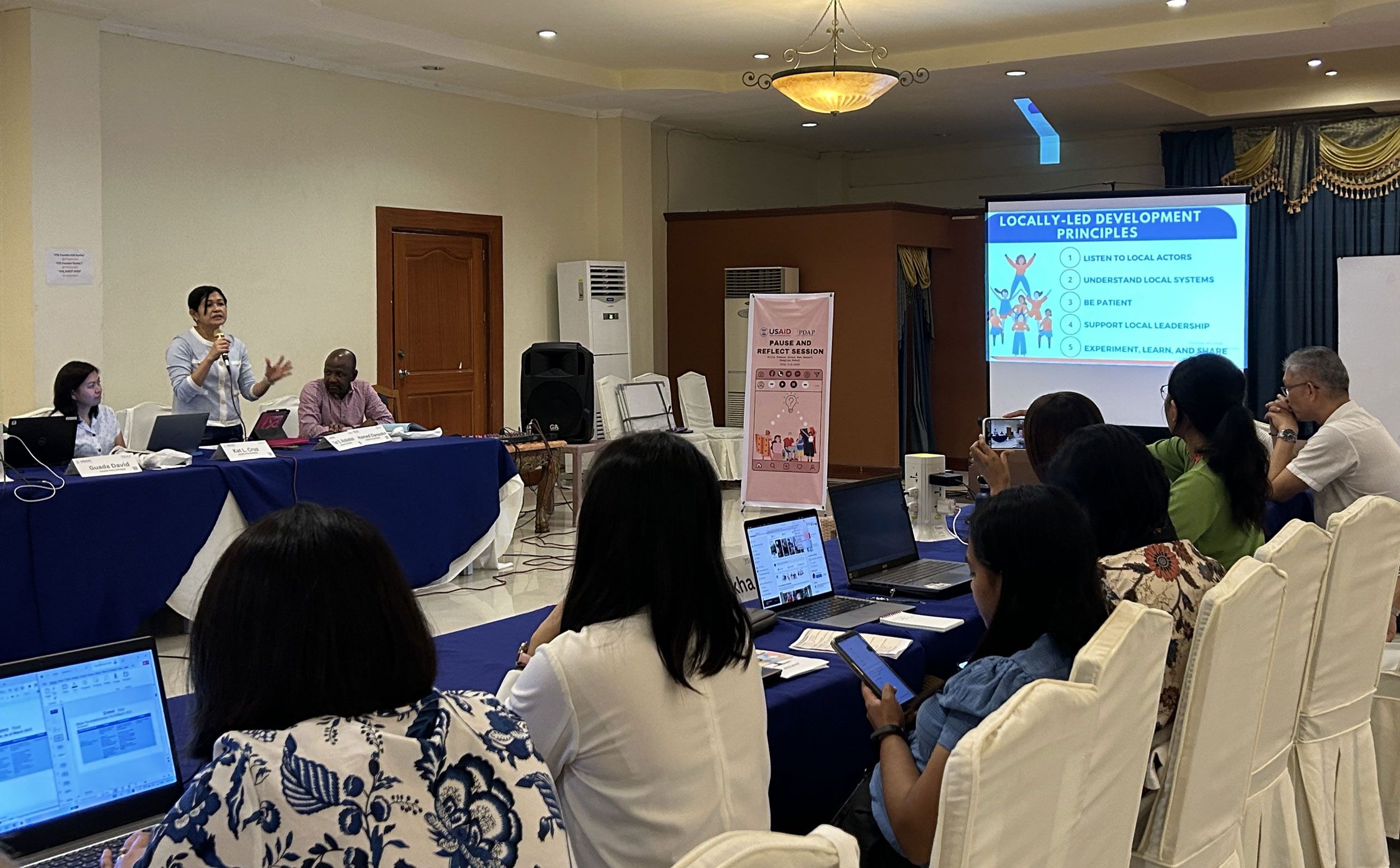SULTAN KUDARAT MUSCOVADO FARMERS AND MILLERS CORP.
As the global economy emerges from its worst downturn since the Great Depression in the United States of the 1930s, expectations are high that commodity prices would spike starting 2010 as buyers around the world scramble for precious supply.
Sugar will not be an exemption. This may thus be an opportunity for local producers of muscovado to earn more from increased prices, given the rising demand for this raw, healthy sugar that is finding a growing and loyal market in developed countries, particularly in Europe.
And when it comes to muscovado, the Sultan Kudarat Muscovado Farmers and Millers Corp. (SKMFMC) is an expert.
Legally registered as a corporation in March 2006, SKMFMC is a social enterprise made up of two farmers’ cooperatives, eight individual millers and several farmers. It is based in President Quirino, a 3rd class and considered the most depressed municipality in the province of Sultan Kudarat.
Around 890 hectares are planted to sugarcane making President Quirino the largest producer of muscovado (dark brown unrefied sugar) in the country in terms of land area coverage. National muscovado production, aside from its being seasonal, has been declining due mainly to crude processing technology, improper production technology, lack of good sugarcane varieties and land conversion.
PDAP2Under PRIME, PDAP identifid the need to fist shift small farmers from producing conventional sugar to muscuvado. The second shift was from inorganic farming to sustainable agriculture and addressing the problem of production shortage.
“PDAP had a hard time organizing us. The people said, ‘you just cause a disturbance’.” Farmers’ attitudes differ. We had to do it slowly,” relates SKMFMC chair Cornelio Castaneda, himself a small muscovado miller.
SKMFMC and PDAP realized that despite the farmers’ appreciation of the situation and expressed interest in organic farming – due to lack of market information and the behavioral hesitance to change what they have been used to – there had to be an investment on capacity building, and more so, on institution building.
With the facilitation of PDAP, the Philippine Business for Social Progress’ Business Advisory Program (PBSP-BAP), trained the farmers on organizational anagement, and now enjoy clearer direction and objectives. PDAP provided technical assistance for the use of financial software for SKMFMC to generate timely reports as an aid to decision-making.
While these took time, farmers started seeing incremental changes, and though these were small, they were necessary. “They saw that the villages producing organic muscovado had several variety stores, and these are open all-year round compared to the stores in nearby villages which close after harvest,” Castaneda says.
Working with the Asia-Japan Partnership Network for Poverty Reduction (AJPN), PDAP concentrated on catalyzing the third shift – consolidating the small farmers and millers into a corporate entity. This last hurdle was the most diffilt. It is one thing to organize farmers and shift them to organic farming, it was yet another to turn them into entrepreneurs.
After drafting their business plan with technical assistance from PDAP, SKMFMC received a working capital loan worth P1.6 million from PDAP’s partner fiancing institution, FPSDC – the payment of which it has religiously worked for.
PDAP also linked the group with Upland Marketing Foundation, Inc. (UMFI), an NGO based in Metro Manila providing marketing support services for communities for their processed food products.
PDAP assisted in its compliance with the Good Manufacturing Practices as well as the Hazard Analysis and Critical Control Point as food safety requirements of the Food and Drugs Administration (FDA) and the Department of Health (DOH). PDAP also helped in the product’s packaging.
Other agencies also provided invaluable assistance to SKMFMC. The Department of Trade and Industry (DTI) helped in the branding. The Department of Science and Technology (DOST) is also helping SKMFMC, which until now still manually packages its products, set-up its packaging machine.
SKMFMC also worked on the documentation, inspection and evaluation of its ICQS (Internal Quality Control System) to assess the group’s readiness for local and international organic certification.
Now there are only two kinds of musvocado – what is called the “PDAP quality” and “reject quality.”
“We have set our own standards that require our muscovado to be sediment-free. It is already export quality. The proper term here is premium muscovado,” says Castaneda.
And with SKMFMC’s Memorandum of Agreement (MOA) with four Rural Enterprising Communities (RECS), the volume of musvocado has steadily increased. The group’s positioning the product as “premium” and the parallel increase in quality allowed SKMFMC to command a good price for the farmers, and prevent fluctuation.
“Before PDAP, farmgate price ranged from P12.00 to P14.00 per kilo,” recalls Castaneda, “now, it doesn’t get any lower than P40.00 to P45.00 per kilo.”
The demand that has always been there escalated.
Between that and UMFI’s requirement that sometimes reaches up to 60 tons, the industry in Sultan Kudarat had to respond to a market vacuum and pole vaulting – market trends that farmers have not had any experience dealing with.
SKMFMC admits to a struggle that required it to be creative in its engagement. Since the group has successfully increased the price of musvocado, other farmers and millers who are nonmembers have also ridden the wave.
Castaneda explains the phenomenon, “They cannot lower their prices from our P40.00 to P45.00 buying price. There is a market vacuum because of the huge demand so some farmers sell outside for P32.00. All we can do is keep improving our quality so they will see the difference.”
The market vacuum also created complacency among the farmers, even some members of SKMFMC, and the level of quality went down. “They say, we can sell this anyway, even the dirty muscovado is bought. So why should we risk it? Why should we make a loan? SKMFMC, they said, is too strict.”
But Castaneda is steadfast, “We started it right, we will end it right. Even if we don’t want to offend anybody, we need to do this for the good of the industry.”
SKMFMC will have to make sure that those standards stay, especially as the Philippines faces the very real possibility of imported muscovado coming into the country starting next year with the lowering of global tariff.
The Philippines’ muscovado, fortunately, can still compete with imports and can even be priced competitively to penetrate more markets abroad. And when it does, it is almost sure that SKMFMC will be in the picture.
![]()

